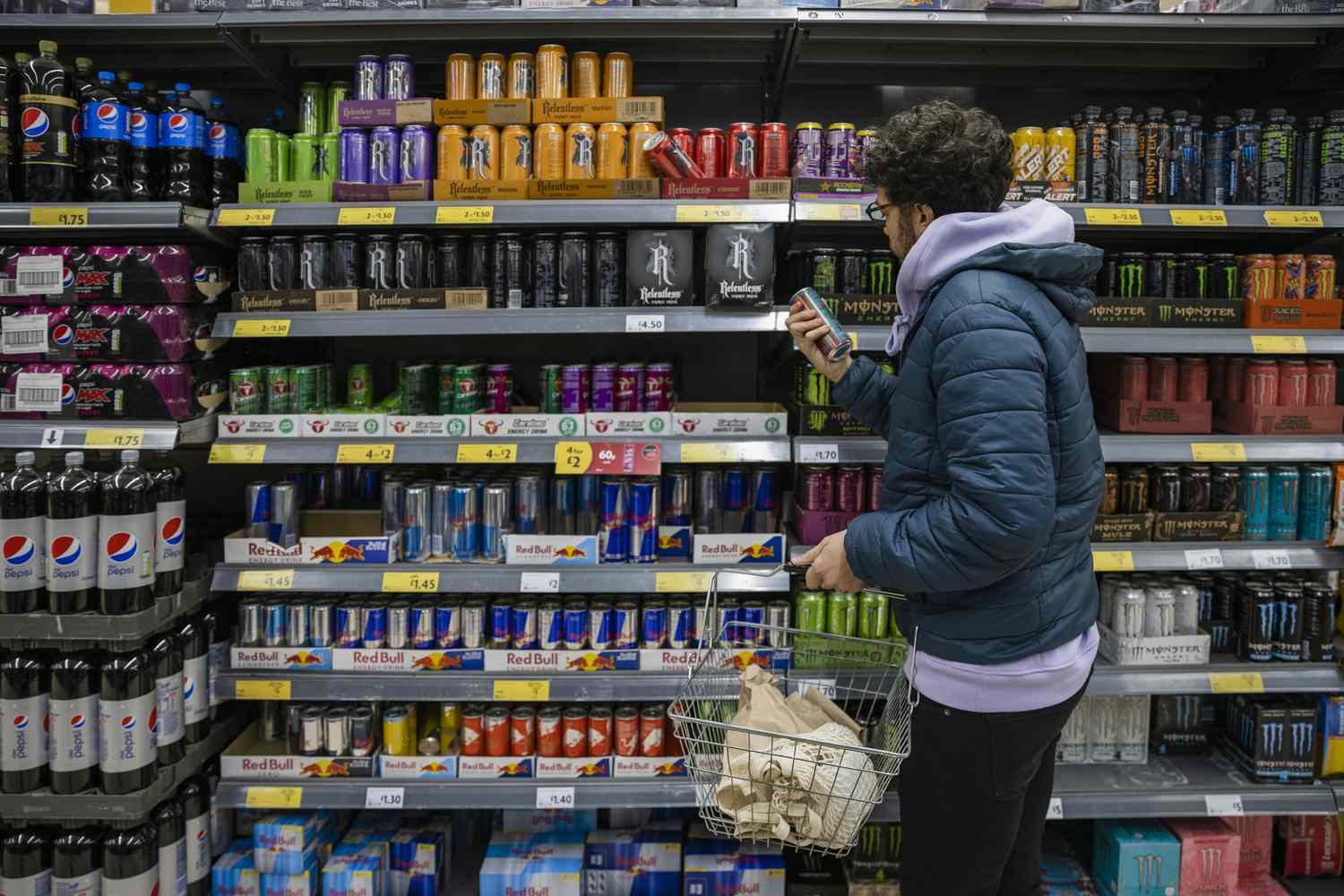Research Shows That Drinking Even One Energy Drink Can Lead to Sleep Problems

Energy drinks, commonly touted as mental and physical performance enhancers, may have a detrimental effect on sleep, according to a recent study. Even infrequent consumption might lead to sleep disruptions.
Published in BMJ Open, the study underscores a link between imbibing energy drinks and experiencing poor sleep or insomnia in younger adults.
Findings indicate that with increase in energy drink intake, sleep duration reduces and feelings of fatigue increase. Moreover, sleep interruptions, such as nocturnal awakenings, were reported more by frequent consumers of energy drinks compared to those with lower consumption.
Even sporadic consumption of energy drinks - just one to three times monthly - correlated with sleep problems, the study discovered.
Existing research has already identified a relationship between energy drinks and deficient sleep quality. However, this study helps extend that understanding by offering comprehensive insights into how sleep is affected by consumption.
The study gathered data from 53,226 individuals aged between 18 to 35 years who were part of the Students’ Health and Well-being Study in Norway. This survey explores lifestyle practices of higher education students. Participants answered queries regarding energy drink consumption and sleep habits, including sleep onset, sleep duration and wake-up time.
The study revealed a higher percentage of daily energy drink consumers among men compared to women (5% versus 3%), yet both genders experienced similar sleep-related effects. Daily consumers took longer to fall asleep, woke up more at night and overall, slept approximately 30 minutes less every night in comparison to occasional or non-consumers.
Poor sleep was not just limited to daily consumers, even occasional energy drink consumption demonstrated detrimental impact on sleep.
The research highlighted that those who frequently, two to three times per week, consumed energy drinks tended to sleep for less than six hours, maintained later bedtimes, and woke up more at night. Even those who admitted to drinking energy drinks one to three times a month were at an “increased risk of poor sleep,” according to the researchers.
Despite the correlation between energy drink consumption and sleep disturbances, researchers cautioned that the study does not necessarily establish a causal link.
Experts believe that energy drinks may disrupt sleep due to their high caffeine content. Ilisa Nussbaum, RD, a registered dietitian nutritionist at Yale Children’s Hospital, shared that the nutrition label reveals a single can contains on average 200 to 300 milligrams (mg) of caffeine—exceeding the caffeine content in an eight-ounce coffee cup and at least six-fold the amount in a 12-ounce Coke.
Nussbaum flagged that certain energy drink brands may contain additional amounts of caffeine not calculated in the label due to other caffeine-infused components such as guarana.
Whether sourced from an energy drink or another product, caffeine can stimulate alertness through nervous system and hormone stimulation—leading to potential sleep disturbances, noted Steven Feinsilver, MD, director of the Center for Sleep Medicine at Northwell Lenox Hill Hospital.
Reliance on energy drinks could set off a hazardous loop marked by caffeine-induced sleep problems and consequent fatigue, leading to increased consumption of these drinks, cautioned Nussbaum.
If one must consume an energy drink, Nussbaum suggested a mindful approach by remembering that the drink's effects typically last four to six hours, hence consuming post-dinner may lead to sleep disturbances, whereas an early morning consumption is less likely to.
Beyond sleep-related issues, Nussbaum also highlighted the need to consider other health impacts of energy drinks. While a daily consumption of 400 mg of caffeine is normally safe for healthy non-pregnant and non-breastfeeding adults, potential side effects like elevated blood pressure, agitation, and heart palpitations can significantly differ based on weight, sex, age, and metabolism.
Paying attention to individual caffeine tolerance and knowing one’s personal boundaries is important, she added.
And keep in mind, Nussbaum added, that it’s never a good idea to consume energy drinks while drinking alcohol. “The stimulant effects of caffeine can mask the effects of alcohol, leading to overconsumption,” she said.




